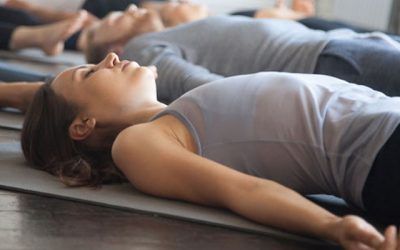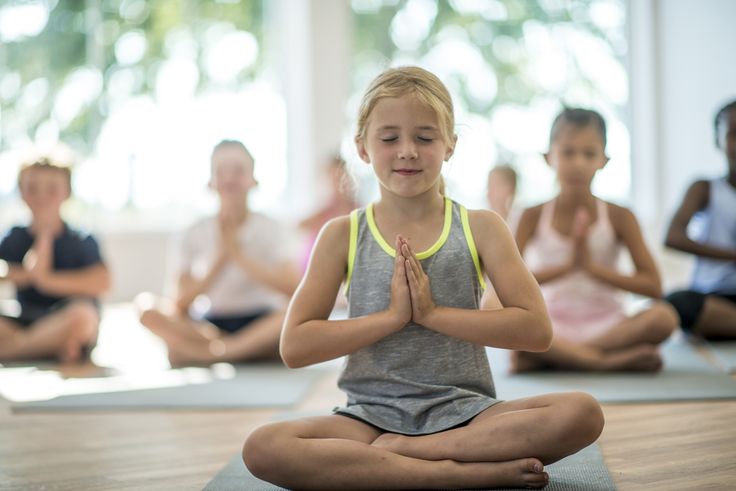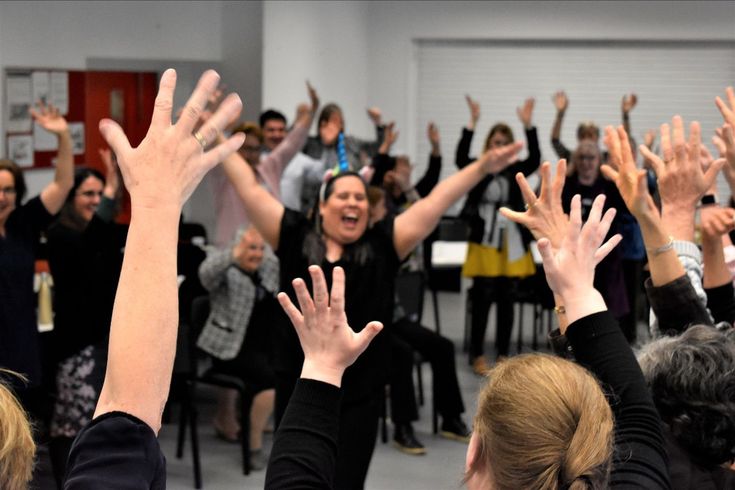In today’s fast-paced world, stress has become an inevitable part of life. Whether it’s related to work, family, or personal challenges, finding effective ways to manage stress is crucial. This blog explores ten quick and effective stress relief techniques that you can incorporate into your daily routine. Each technique is designed to help you relax, rejuvenate, and regain control of your mental and emotional well-being.
1. Deep Breathing Exercises

One of the simplest and most effective ways to achieve stress relief is through deep breathing exercises. When you feel overwhelmed, taking a few moments to focus on your breath can make a significant difference. Deep breathing activates the parasympathetic nervous system, which helps your body relax.
Try the following:
- Sit or lie down in a comfortable position.
- Close your eyes and inhale deeply through your nose for a count of four.
- Hold your breath for a count of four.
- Exhale slowly through your mouth for a count of six.
- Repeat this process for five to ten minutes.
This technique not only provides immediate stress relief but also improves focus and reduces anxiety over time.
2. Progressive Muscle Relaxation (PMR)

Progressive Muscle Relaxation is another effective stress relief technique. This method involves tensing and then relaxing different muscle groups in your body. PMR helps to release physical tension and promotes a sense of calm.
Steps:
- Start with your feet and gradually move up to your head.
- Tense each muscle group for five seconds, then relax for ten seconds.
- Focus on the difference between tension and relaxation.
Regular practice of PMR can lead to long-term stress relief by training your body to relax more easily.
3. Meditation and Mindfulness

Meditation and mindfulness are powerful tools for stress relief. These practices encourage you to focus on the present moment, reducing worry about the past or future. Even a few minutes of daily meditation can help you feel more centered and less stressed.
How to Get Started:
- Find a quiet space where you won’t be disturbed.
- Sit comfortably and close your eyes.
- Focus on your breath or use a mantra, such as “peace” or “relax.”
- If your mind wanders, gently bring your focus back to your breath.
Apps like Headspace or Calm can guide you through beginner-friendly meditations for stress relief.
4. Physical Exercise

Exercise is a natural stress reliever that boosts endorphins, also known as the “feel-good” hormones. Whether it’s a brisk walk, a yoga session, or a high-intensity workout, physical activity helps reduce cortisol levels and improves mood.
Quick Stress Relief Workouts:
- A 10-minute walk outdoors.
- A short yoga flow focusing on stretching and breathing.
- A quick high-intensity interval training (HIIT) session.
Regular exercise not only provides immediate stress relief but also strengthens your resilience to future stressors.
5. Listening to Music

Music has the power to calm the mind and soothe the soul. Listening to your favorite tunes can be an excellent form of stress relief. Choose calming music, such as classical, acoustic, or nature sounds, to create a peaceful atmosphere.
Tips for Using Music for Stress Relief:
- Create a playlist of songs that help you relax.
- Listen to instrumental tracks while working or studying.
- Use headphones to immerse yourself in the experience fully.
Music therapy is a proven method for managing stress and improving emotional well-being.
6. Journaling

Writing down your thoughts and feelings can provide immense stress relief. Journaling allows you to process your emotions, identify stressors, and gain clarity about your thoughts.
Journaling Prompts for Stress Relief:
- What is causing me stress right now?
- What am I grateful for today?
- What steps can I take to feel better?
Spend 10-15 minutes a day journaling to unload your worries and focus on positive solutions.
7. Engaging in Hobbies

Engaging in activities you enjoy is a fantastic way to achieve stress relief. Whether it’s painting, gardening, cooking, or reading, hobbies provide a mental escape from stress and promote relaxation.
How to Make Time for Hobbies:
- Set aside 20-30 minutes daily for your favorite activity.
- Join a group or class to stay motivated.
- Turn off distractions like your phone or TV.
Regularly indulging in hobbies can lead to sustained stress relief and a more balanced life.
8. Social Connection

Talking to a friend, family member, or support group can provide emotional relief during stressful times. Sharing your feelings and experiences fosters connection and helps you feel less isolated.
Ways to Strengthen Social Connections:
- Schedule regular catch-ups with loved ones.
- Join community groups or online forums.
- Reach out to someone you haven’t spoken to in a while.
Building strong relationships is a cornerstone of effective stress relief and emotional health.
9. Aromatherapy

Aromatherapy uses essential oils to promote relaxation and reduce stress. Scents like lavender, chamomile, and eucalyptus are known for their calming properties.
How to Use Aromatherapy for Stress Relief:
- Diffuse essential oils in your room.
- Add a few drops of essential oil to your bath.
- Use scented candles or lotions.
Incorporating aromatherapy into your daily routine can create a serene environment that supports stress relief.
10. Laughter Therapy

Laughter truly is the best medicine when it comes to stress relief. Watching a funny movie, reading a humorous book, or simply sharing jokes with friends can lighten your mood and reduce stress.
Tips for More Laughter:
- Watch stand-up comedy or funny videos online.
- Spend time with people who make you laugh.
- Practice laughing at yourself and finding humor in everyday situations.
Laughter increases oxygen intake, stimulates your heart and lungs, and boosts endorphins, making it an effective stress relief technique.
Final Thoughts
Stress relief doesn’t have to be complicated or time-consuming. By incorporating these ten techniques into your daily life, you can manage stress more effectively and enhance your overall well-being. Remember, finding the right stress relief method may take some trial and error, but persistence will lead to a healthier, happier you.
Make stress relief a priority in your life. Whether it’s through deep breathing, meditation, or simply sharing a laugh with a friend, taking small steps to reduce stress can have a significant impact on your mental and physical health. Start today and discover the techniques that work best for you!

Leave a Reply to Beginner’s Guide to Yoga: Finding Your Flow – int100.in Cancel reply